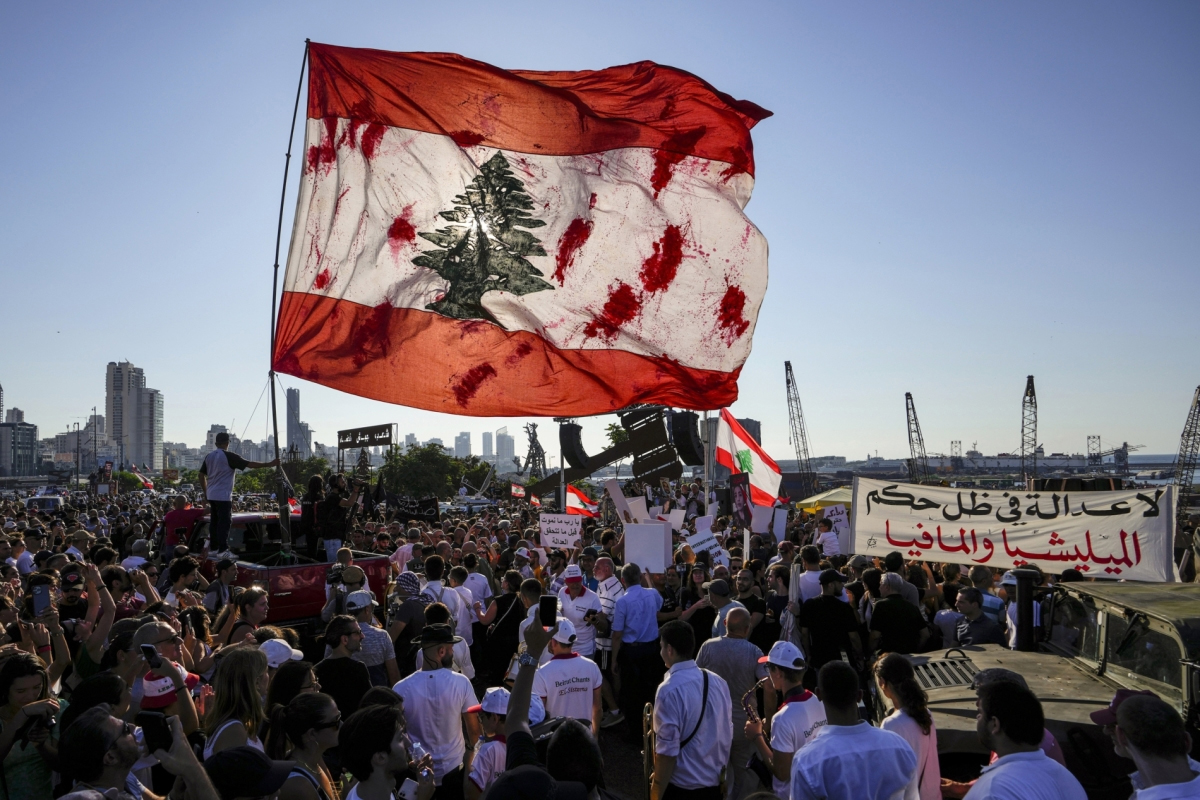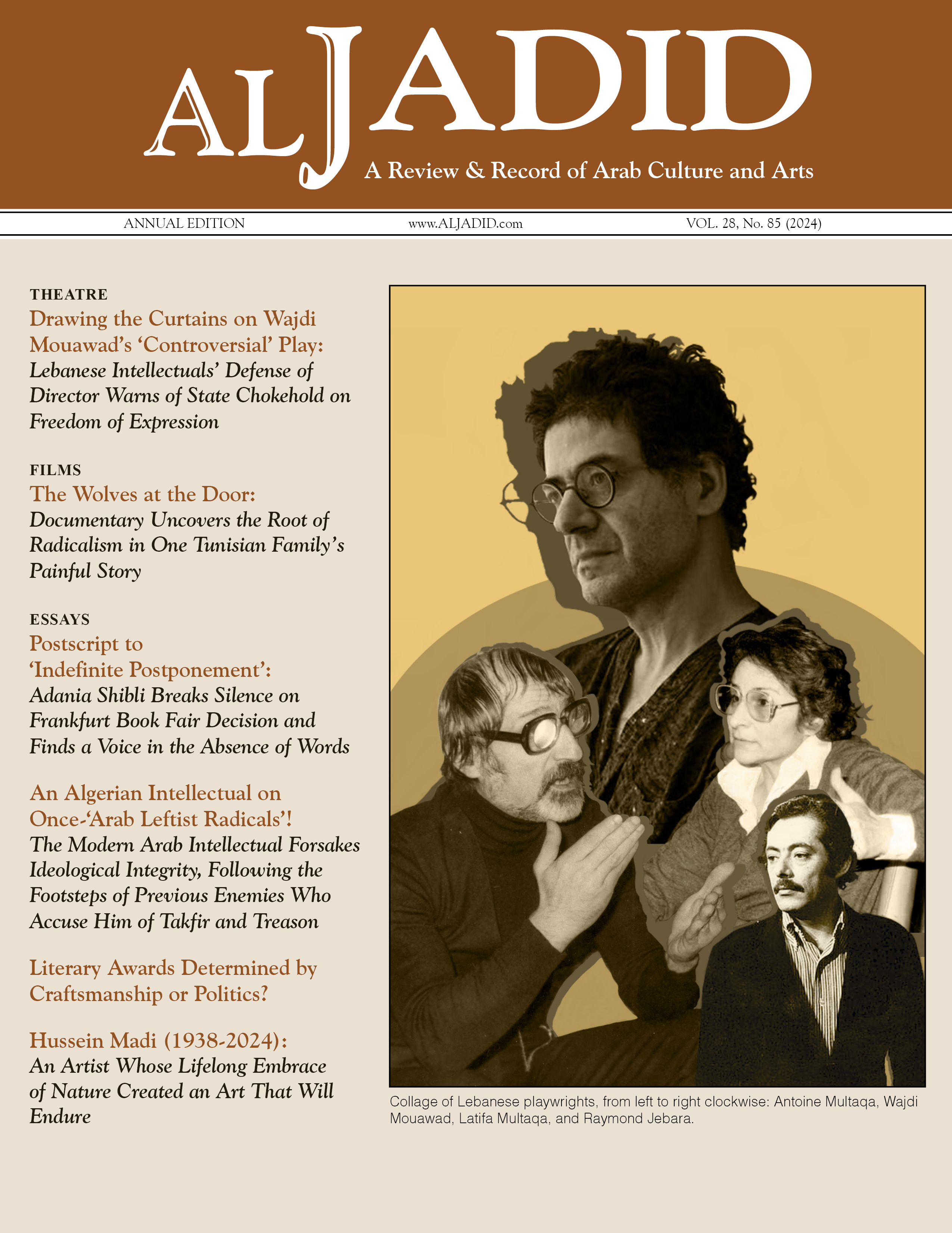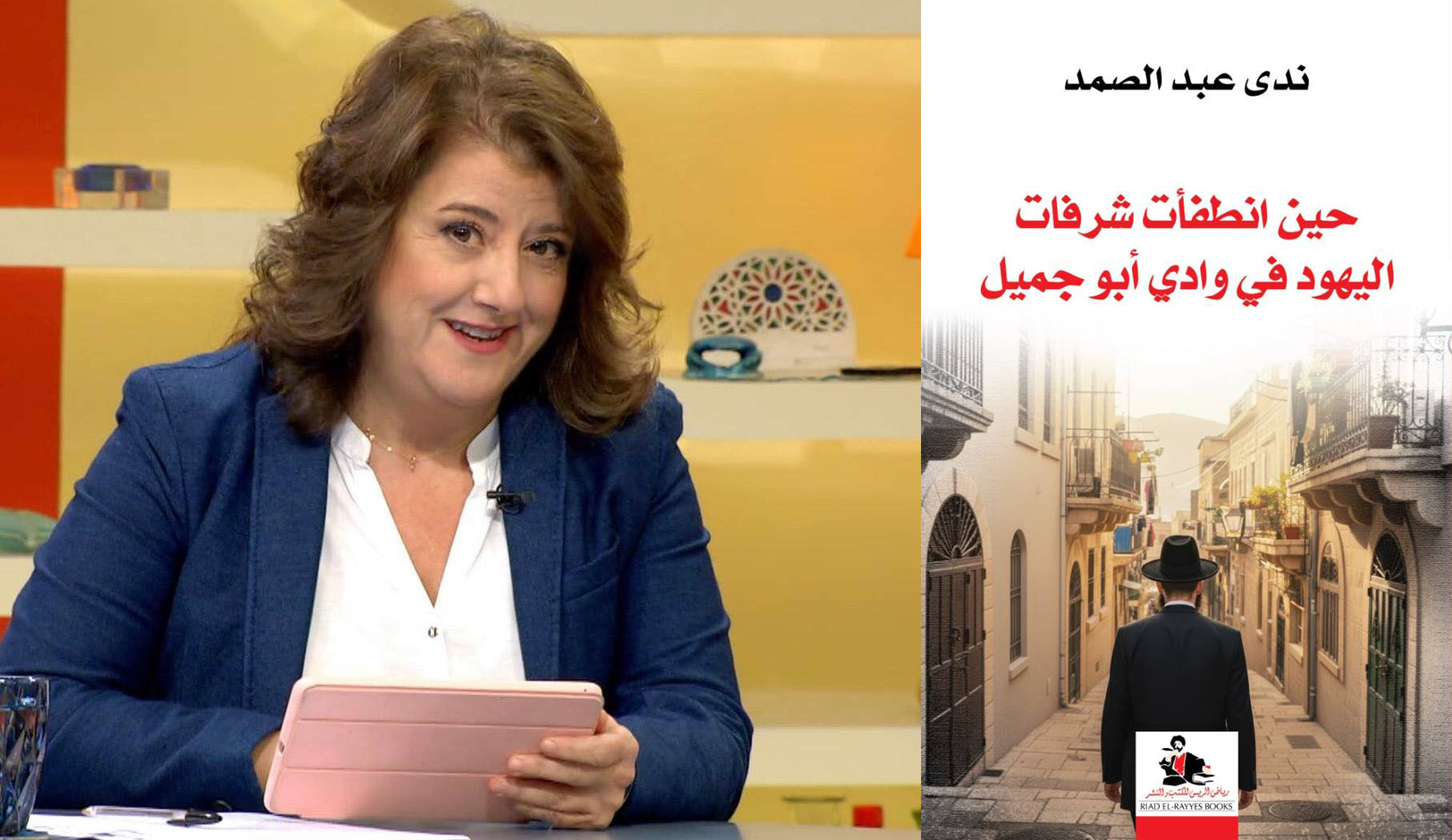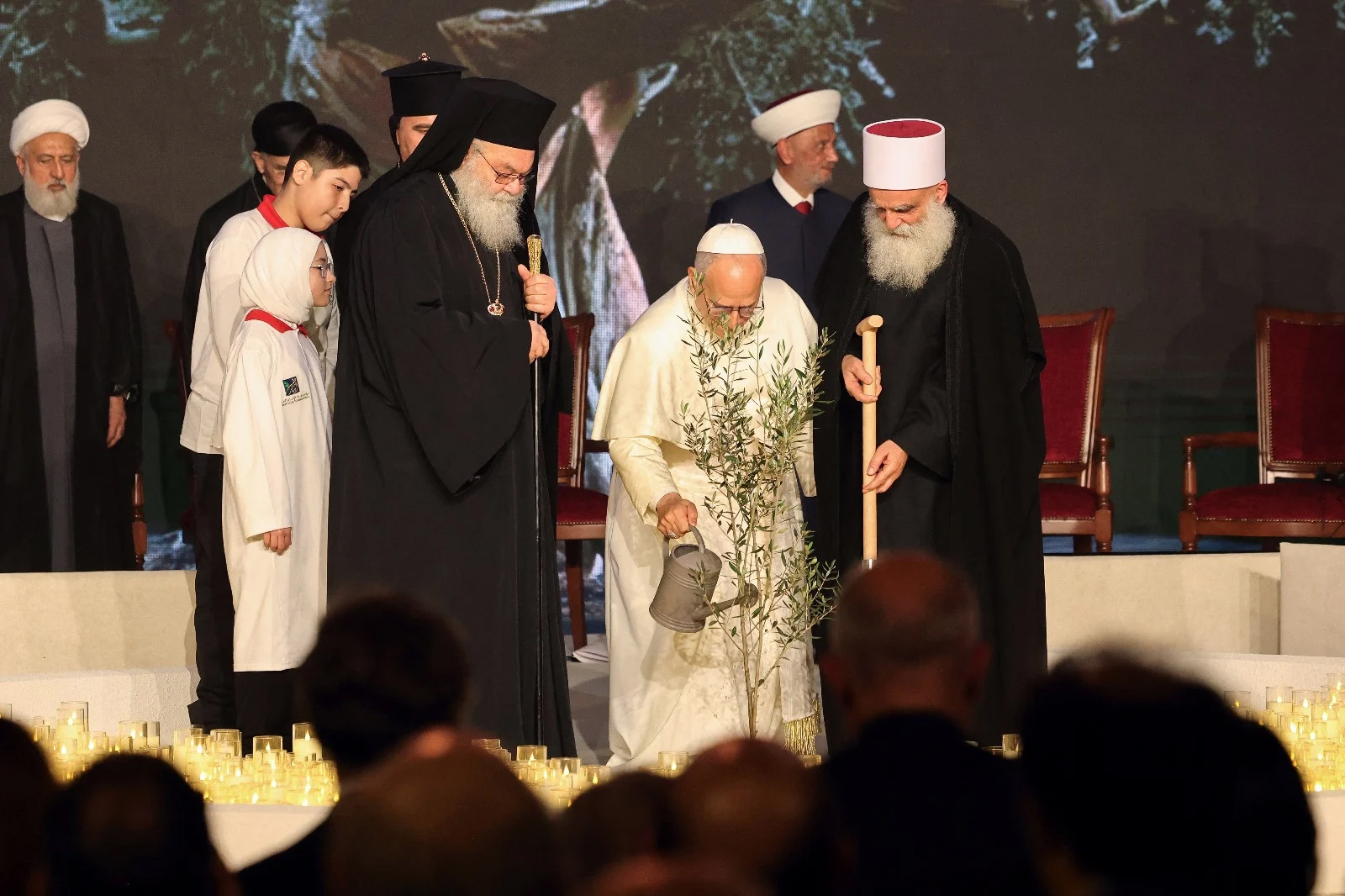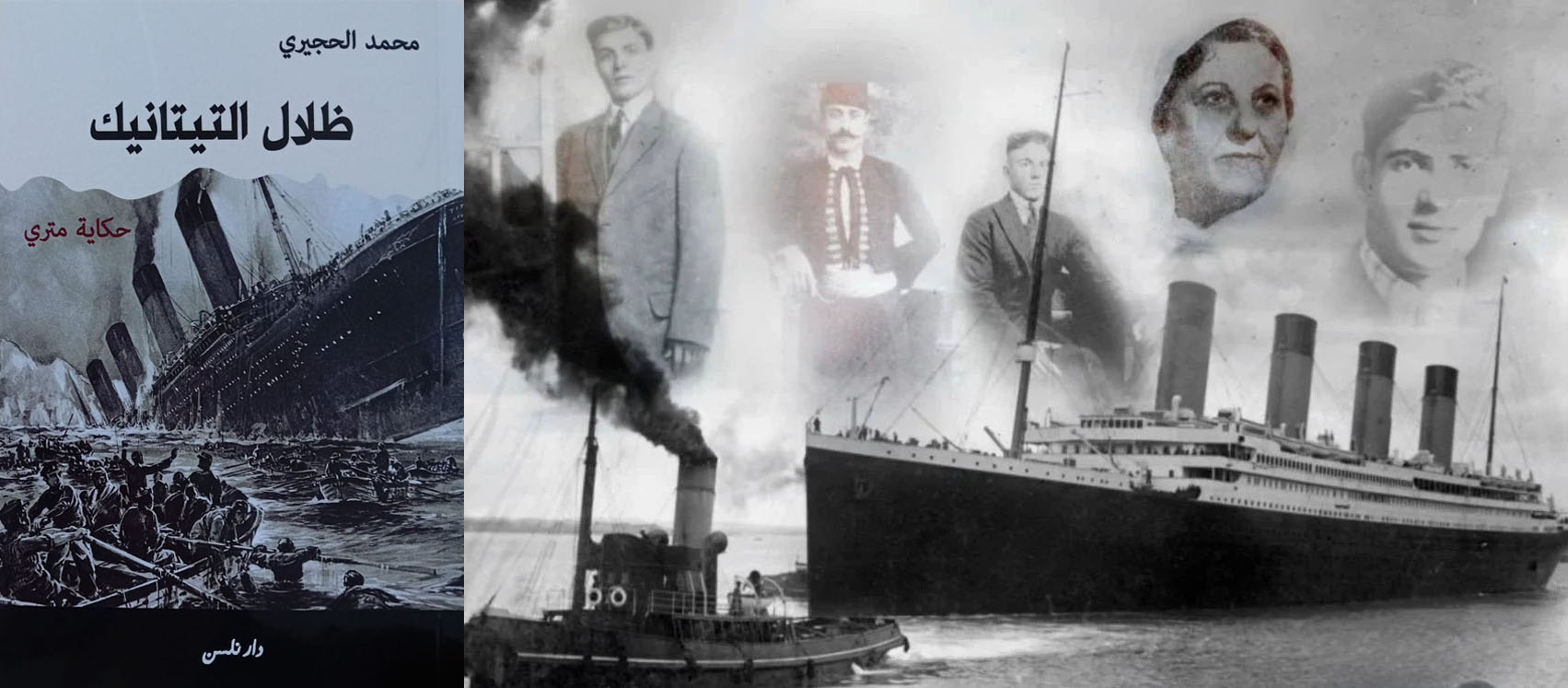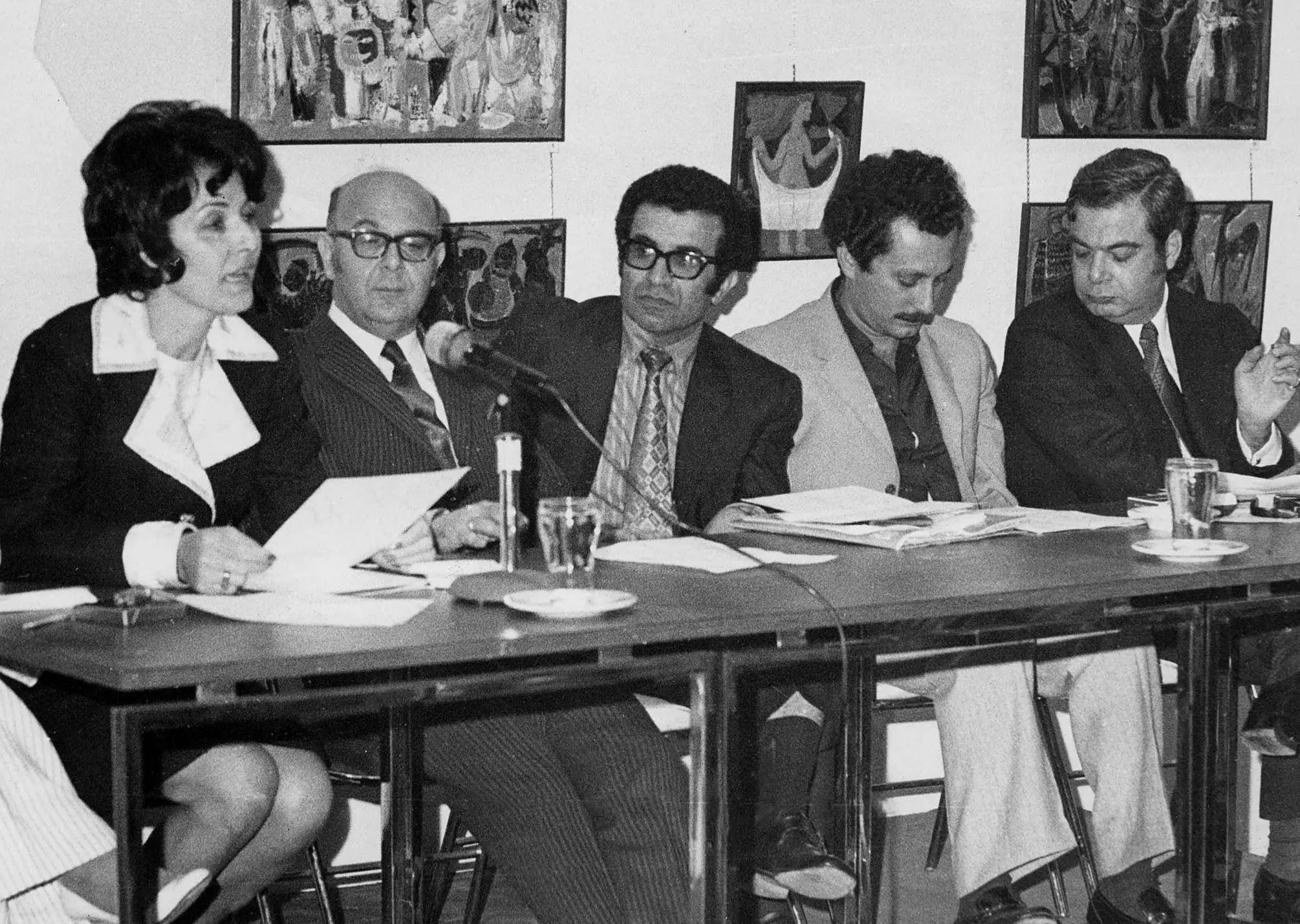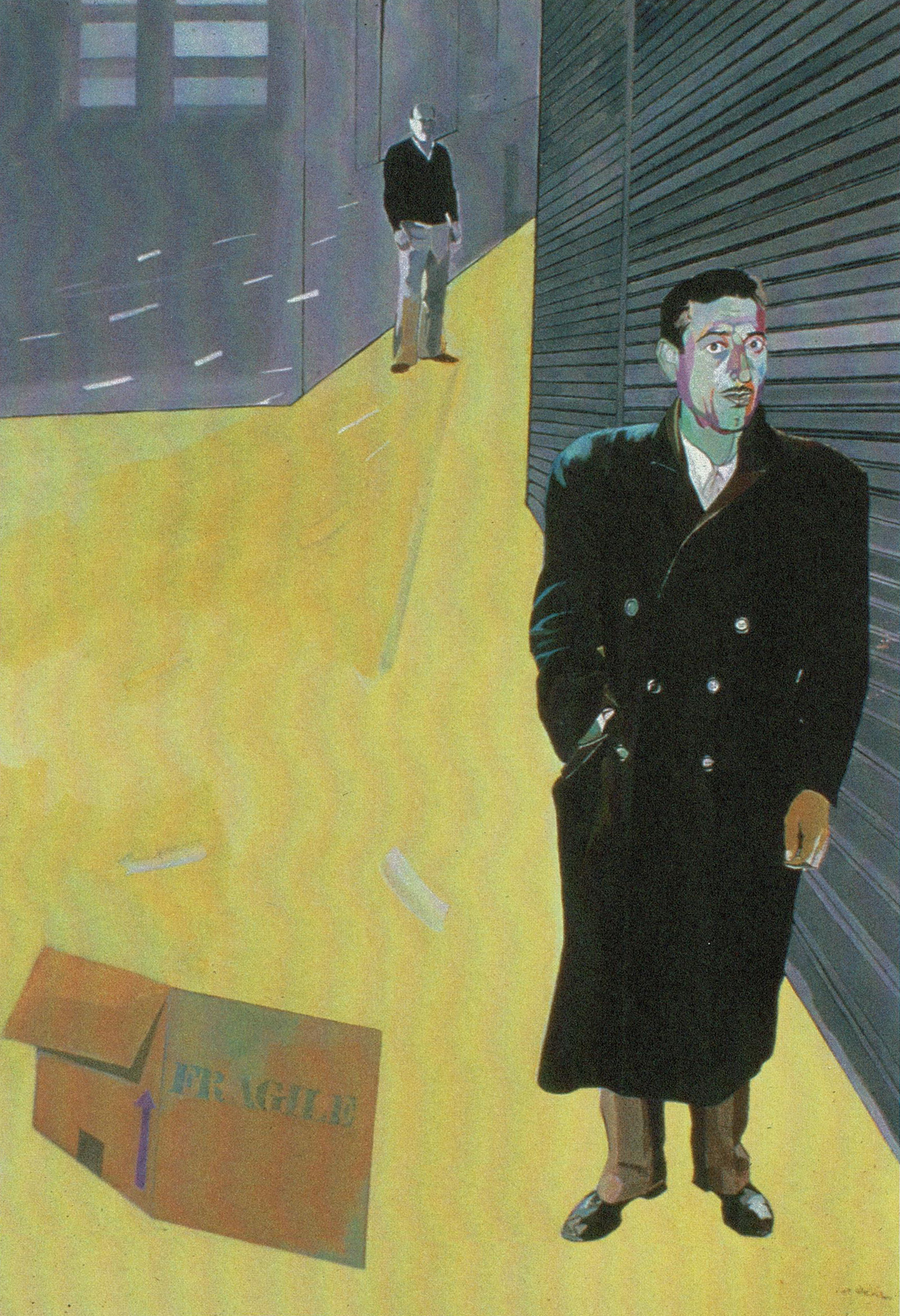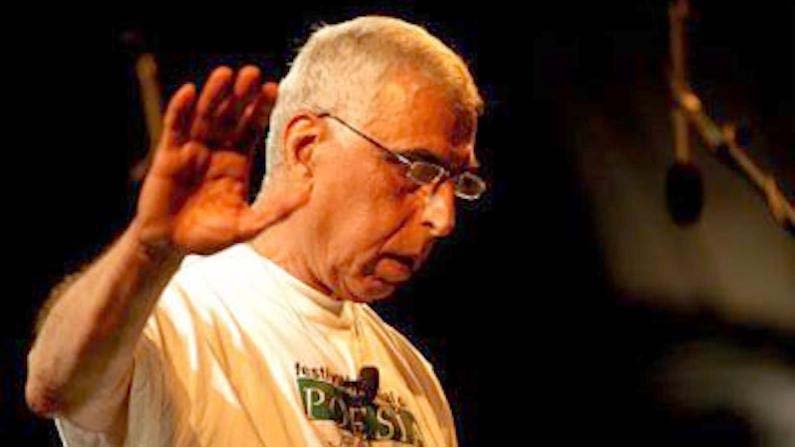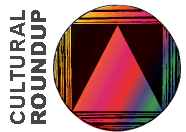
Important, Sometimes Controversial Iraqi Poet Saadi Youssef (1934 - 2021) Requests a ‘Funeral Without Mourners’
The legendary and controversial Iraqi poet Saadi Youssef died at 87 in his Harefield home outside of London on June 12 from lung cancer. The poet, whose multitude of works encompassed poetry, prose, literary criticism, translation, and memoir, leaves decades’ worth of work penned in exile and translated into several languages, among them English, French, German, and Italian.
The Judiciary, Latest Indicator of Lebanon’s Impending Collapse:
A Judge Runs Amok
In a Statistical Vacuum, Speculating on the Arab-American Vote, 2016 vs. 2020
While much of the country — and even the world — focused on the last U.S. election and remained engrossed even after its results and consequences, the picture of this historic event in the Arab world was unlike anything that was happening here. Regrettably, the distorted analysis and coverage by Arab media influenced to some extent the attitudes and electoral choices of many Arab immigrants in the U.S.
Beirut’s People Still Waiting: The Government That Left a Bomb on Their Doorstep Now Leaves Them Out in the Cold
The never-ending reports from Lebanon on its social and economic crises are perplexing. Despite the gravity of the situation, officials sitting at the top refuse to relinquish or even reform the system. Recent news reports reveal a collapsing banking sector, a threatened educational system, and an impoverished and broken health system, all while the country watches a judiciary circus played daily on TV and social media, demolishing whatever legitimacy the courts still hold.
German Reinvention: Do a Million Syrian Refugees Bring Down the Curtain on WWII Legacy?
The devastating combination of the Syrian war, the failure of the Arab Spring, and the worsening state of refugee camps in the Middle East culminated in an influx of migrants across Europe. Between 2015-2016, two million migrants fled Syria, Afghanistan, Iran, and Eritrea to European countries. This mass migration produced a crisis across the continent, as several countries refused to undertake the moral and economic responsibilities of housing and feeding newcomers.

